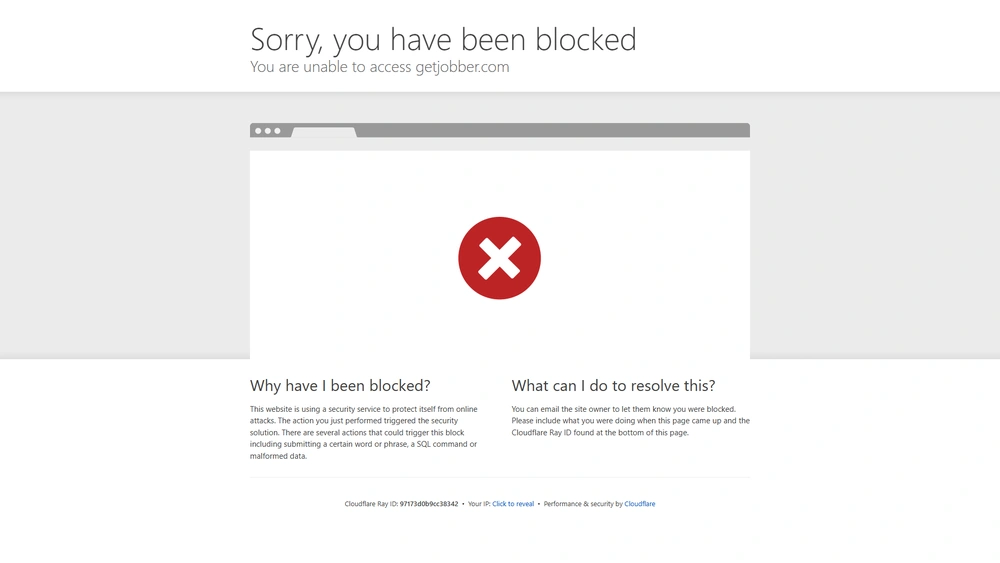Jobber (Home Services) Overview & 2026 Industry Position
Jobber (Home Services) has positioned itself as a cornerstone tool for home service businesses looking to streamline operations. In 2026, automation, on-the-go invoicing, and customer communication dominate service SMB priorities—and Jobber thrives at this intersection. With deep capabilities in scheduling, dispatching, CRM, and payments, Jobber is tailored for small-to-midsized HVAC, lawn care, cleaning, plumbing, and contracting firms looking to professionalize without complexity.
Amid rising demand for field service digitization and embedded fintech, Jobber (Home Services) offers a high-utility software built for time-strapped owners and office managers. Its mobile-first mindset and commitment to usability resonate especially in a market where tech adoption often lags.
From Launch to 2026: Jobber (Home Services)’s Journey
Originally developed in 2011 in Edmonton, Canada, Jobber was created to help small service businesses stay organized without spreadsheets or whiteboards. From humble beginnings, the platform steadily introduced new modules—first scheduling and quoting, then CRM and invoicing. Notable milestones include:
- 2016: Launch of Jobber Payments
- 2018: Mobile app overhaul with offline sync
- 2020: COVID-19 drive for contact-free payments & estimates
- 2022: Milestone: over 200,000 active service providers
- 2023: Reporting & dashboard intelligence added
- 2024: Integrations with QuickBooks, Stripe, and Zapier prioritized
For 2026, Jobber’s strategy focuses on simplifying end-to-end workflows—from lead to payment—while integrating AI-guided scheduling and deeper automation triggers within its ecosystem.

Key Features of Jobber (Home Services)
Jobber offers a robust toolkit to manage every phase of the customer journey. From quoting a job to tracking work completion and getting paid—its features aim to automate and simplify:
- Quotes & Estimates: Fast, branded digital quotes with online approval
- Scheduling: Drag-and-drop calendar with GPS view and live updates
- CRM: Centralized client history, communication logs, and custom fields
- Job Forms: Custom templates for inspection or job checklists
- Invoicing: One-click invoicing with recurring billing support
- Jobber Payments: Get paid instantly with ACH/cards, deposits tracked
- Automation: Automated reminders, follow-ups, quote-to-invoice flows
Pro Tip: For businesses with seasonal swings, Jobber’s automated follow-ups and grouped scheduling save hours every week—especially in spring and fall.
Workflow & UX
Jobber’s interface is noticeably designed with frontline operability in mind. Clean visuals, drag-and-drop scheduling, and minimal clicks allow even newcomers to navigate with ease. Mobile users benefit from a fast native app with offline sync, GPS routing, and instant notifications. The desktop experience complements that with in-depth reports and billing controls.
Notable UX Benefits:
- Color-coded job statuses & route views
- Automated client communications (email & SMS)
- One-tap quote approvals and payments
Jobber (Home Services) Pricing Analysis & Value Metrics
| Plan | Monthly (Billed Annually) | Key Features |
|---|---|---|
| Lite | $19 | 1 user, quoting, invoicing, calendar |
| Core | $49 | 1 user, CRM, job tracking, automations |
| Connect | $129 | Up to 5 users, quoting, full workflows |
| Grow | $269 | Unlimited users, AI scheduling, priority support |
Value Take: Pricing remains competitive, with strong value at the Core and Connect levels—suitable for most 1–5 person operations. Grow works best for franchises or scaling workflows.
Competitive Landscape
| Product | Best For | Main Advantage | Starting Price |
|---|---|---|---|
| Housecall Pro | Plumbers, HVAC | Built-in payments, marketing tools | $65/mo |
| ServiceTitan | Enterprise-level contractors | Field/office integration, financials | $249+/mo |
| Jobber (Home Services) | SMB field pros | Ease-of-use, flexible tiers | $19/mo |
Main Use Cases
- Landscaping companies needing multi-route schedules
- Cleaning services offering monthly plans
- Plumbers with emergency callouts & client repeat tracking
- HVAC teams with seasonal maintenance agreements
- Home repair or handyman services scaling to 4+ techs
Integrations & Ecosystem
Jobber integrates with essential apps to centralize operations:
- QuickBooks Online & Xero — Accounting sync
- Stripe & Jobber Payments — Payment processing
- Zapier — Connects to over 3,000 web apps
- Google Calendar & Mailchimp — Time and marketing alignment
- FleetSharp — Vehicle GPS tracking
Jobber (Home Services) Pros & Cons
- Pros: Intuitive UX, fast to deploy, affordable pricing tiers, excellent mobile experience, flexible integrations
- Cons: Lacks on-prem hosted option, not ideal for firms with 50+ technicians, automation setup takes initial effort
Final Thoughts
For home service providers looking to digitize without developer-level complexity, Jobber (Home Services) remains a top contender in 2026. Its pricing, usability, and workflow depth make it especially valuable to SMBs balancing growth with day-to-day stress. Larger enterprises may outgrow its limits, but for most field professionals—Jobber simplifies running a service business.
Jobber (Home Services) FAQ
Yes, Jobber provides a 14-day free trial with access to most features—no credit card required.
With the Grow plan, Jobber supports centralized dashboards and unlimited users—making it possible to manage multiple teams or locations.
Yes. Jobber syncs directly with QuickBooks Online and Xero, allowing users to reconcile invoices, payments, and taxes.
Jobber works on Windows, Mac, iOS, and Android. The mobile app enables full job tracking in the field.
Absolutely. Jobber Payments allows you to accept credit/debit cards and ACH transfers directly from clients.

